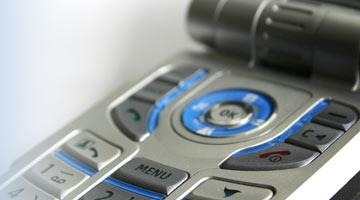Communication Plan

Traditional means of communication may be limited during a widespread emergency situation. It is important that you identify several different ways to communicate with your family and friends.
Emergency communication tips:
- Long distance lines often work even if local phone lines do not.
- Designate an out-of-area contact person. Family members should call this person to report their location if they cannot reach each other. Provide your contact person with important names and numbers so they can assist in keeping others posted on your situation, and let your friends and family know whom they can contact to check on you in case of an emergency.
- Cell phone networks are often overwhelmed during an emergency; do not rely on using your cell phone for calls.
- Text messaging on cell phones sometimes works even when the network is overwhelmed.
- Make sure you have at least one phone in your house that does not require electricity to work. (Cordless phones and most business phone systems do require electricity.)
- Avoid making non-emergency calls!
- Keep coins and important contact information in your go bag for pay phones, which often have service restored before residential customers.
- Make sure your entire household knows necessary emergency contact information.
- Program an ICE or in-case-of-emergency point of contact into your cell phone in case you are incapacitated. This should be a family member, friend, or relative.
For Additional Information:
